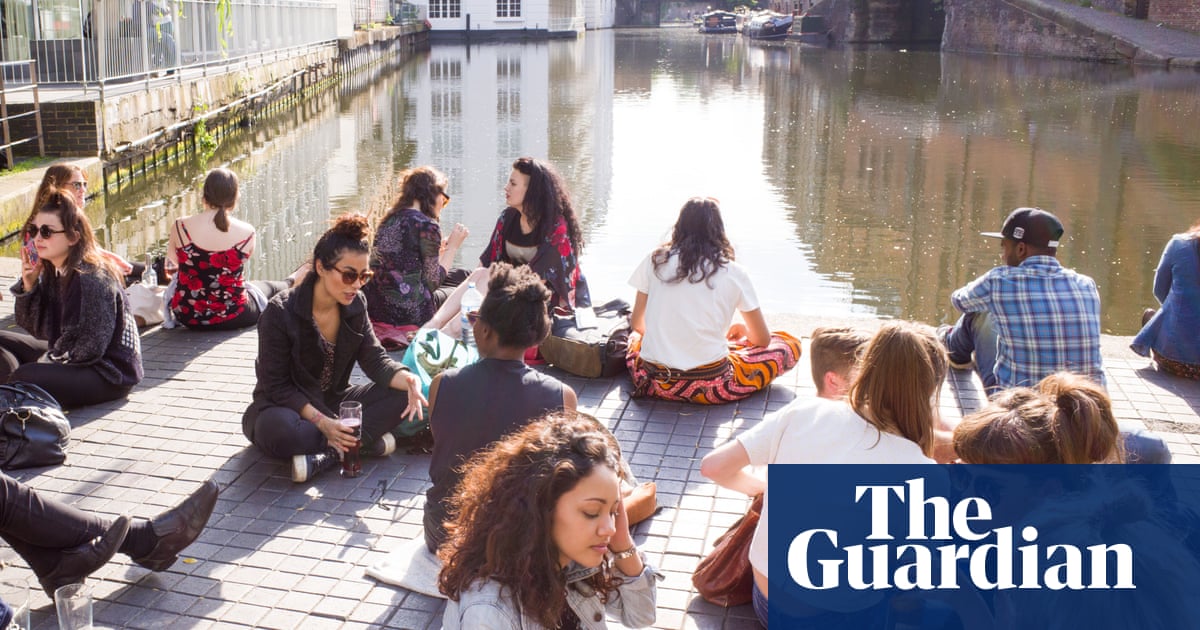I greatly enjoyed reading Georgina Moore’s account of finding peace and solace in her new lifestyle on a houseboat after a hectic working life in London (A moment that changed me, 25 June). The article, however, runs the risk of suggesting that the author’s “wild” gravity-defying lifestyle, thoroughly enjoying her evenings and weekends after work with colleagues, food and music, and a work-hard-play-hard early career, is not an acceptable way of life.
For many early-career men and women, having the freedom to choose what to do with their time outside their working hours is a defining aspect of their life. Our work lives are increasingly “alienating” us, in a truly Marxian sense, from what may be our innate “life spirit”, especially in our 20s and 30s. This applies especially to women, who spend a significant amount of their mid-careers juggling motherhood and domestic life, having recovered from childbirth and adjusting to their careers often with decreased earnings, depleted savings and lower levels of happiness.
This period is, for some, followed by the responsibility to care for elderly parents. Mid-life responsibilities push out the joys of an earlier life, some of which can be simply entertainment with friends and colleagues.
There is enough economic evidence that having healthy and social lifestyles have a significant effect on workplace productivity. If anything, employers should be encouraging and supporting employees to have healthy and enjoyable pastimes outside working hours, no matter how gravity-defying they may be.Sanghamitra BandyopadhyayProfessor of development economics, Queen Mary University of London
Have an opinion on anything you’ve read in the Guardian today? Pleaseemailus your letter and it will be considered for publication in ourletterssection.
